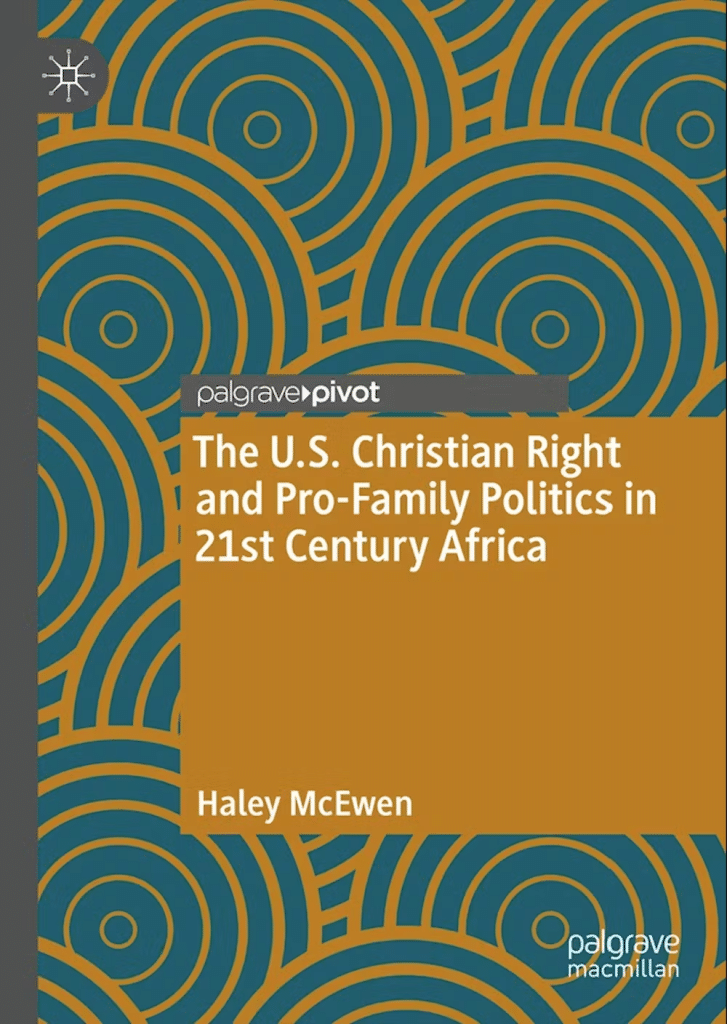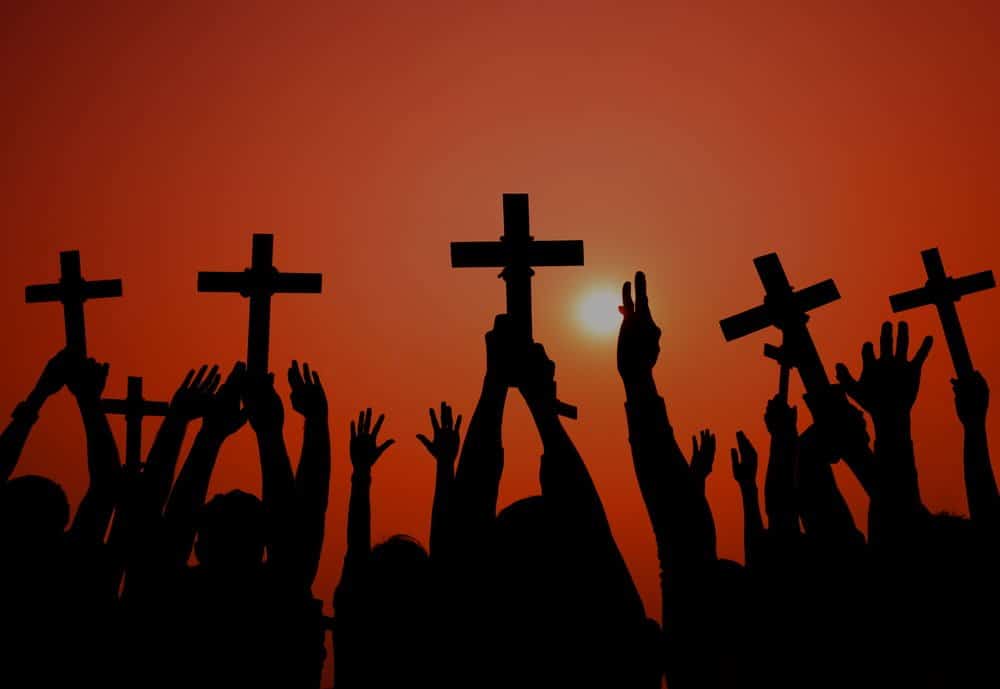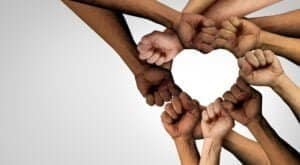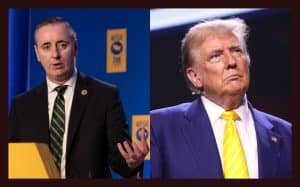Written by Haley McEwen, University of Gothenburg
A new book – The US Christian Right and Pro-Family Politics in 21st Century Africa – reveals the role played by some right wing US Christian groups in trying to spread their social and moral influence in African countries. Sociologist Haley McEwen, who specialises in the subject, answers five questions about her book.
What do you want readers to take away?
I hope that readers can better understand the reasons why lesbian, gay, bisexual, transgender, intersex and queer (LGBTIQ+) rights, abortion and sexuality education have become so highly politicised in African countries (and other parts of the world) in recent years.
Campaigns or backlash against gender equality, sexuality education, and LGBTIQ+ inclusion in schools and communities often have the appearance of being led by local or “grassroots” interests. But deeper scrutiny often reveals that transatlantic pro-family networks, activists and organisations catalyse, coordinate and finance these activities.
The book is focused on the attempts of “pro-family” groups to erode sexuality and gender equality. But it also serves as a case study of their ultra-conservative agenda. And how it’s working to dislodge and undermine the efforts of historically marginalised people to achieve social justice, equal recognition and rights.

What is the pro-family movement?
The pro-family movement is a transnational network of conservative activists and organisations. They claim they are “pro-family”. But they’re clearly only interested in protecting and defending one kind of family: the heterosexual, monogamous, married nuclear family structure.
Key to this is opposing the recognition of gender and sexuality diversity. Pro-family groups campaign against issues such as access to contraception and abortion, same-sex marriage and the availability of sexuality education in schools. They claim these issues threaten the nuclear (or, in their terms, “natural” or “traditional”) family.
What is its agenda in Africa?
The pro-family movement has its origins in the US Christian right’s “family values” movement. This emerged in opposition to the sexual revolution of the 1960s. Since the early 2000s, Christian right activists have been working to grow their advocacy networks in African countries.
There are many reasons for their interest in Africa. But a key objective is gaining the buy-in of African political leaders to support pro-family advocacy at the United Nations (UN).
They’ve worked to do this through the mentorship of African religious and political leaders. The World Congress of Families has held regional conferences in a number of countries. These have included South Africa, Ghana, Kenya and Nigeria. They also directly fund African organisations that are pursuing local pro-family agendas.
One of the lead authors of the recently passed Human Sexuality and Family Values bill in Ghana has spoken publicly about his attendance at US pro-family conferences. He’s joined the movement’s advocacy against LGBTIQ+ rights at the UN.
Leading proponents of the recent Ugandan anti-homosexuality act also have links. In 2023, three conservative organisations in Kenya rallied support for the creation of the Family Protection Bill. It seeks to criminalise homosexuality and prohibit comprehensive sexuality education.
So, the African pro-family movement has become increasingly home grown. Yet, my research suggests the success of African campaigns appears to remain largely dependent on foreign investment.
What does your book argue?
The book unpacks how the three key issues targeted by the US Christian right are related. These are seen as threats to a social order based on the patriarchal family structure. (Men are breadwinners and decision makers, women are their dependants and subordinates, children have no agency in relation to their parents.)
Through their anti-choice and anti-LGBTIQ+ rights policies, pro-family groups are attempting to create a society in which the dominance of white, and now African, Christian men is accepted as “normal” or “traditional”. This lays the groundwork for the normalisation of a broader social order. One premised on the oppression of historically marginalised groups.
In the book, I refer to the work of intersectional and decolonial feminist scholars who have shown how the nuclear family has served as a blueprint for creating societies that serve the interests of colonial power relations and racial capitalism.
How successful have US Christian right organisations been in Africa?
They have made strong connections and have had a great deal of influence in promoting anti-LGBTIQ+, anti-abortion, and anti-comprehensive sexuality education policy agendas in Ghana, Uganda and Nigeria. They’ve been less successful in South Africa. South Africa has a strong feminist and queer civil society voice and also constitutional commitments to ending all forms of discrimination.
On a continent-wide level, US Christian right groups like Family Watch International have been working to foster a pro-family movement. Shortly after the Ugandan parliament passed the 2023 anti-homosexuality bill, Family Watch International and its Africa office, sponsored the first African Inter-Parliamentary Forum on Family Values and Sovereignty. It brought together African parliamentarians from 23 countries.
These groups are now working together at the United Nations through coalitions such as the UN Family Rights Caucus to block inclusive policy language and frameworks at the international level.
Despite its varied policy gains, the pro-family movement has been influential in presenting itself as “decolonial”. It claims that homosexuality and gender diversity are foreign imports that threaten African societies.
This claim rewrites actual colonial histories. European regimes imposed gender laws and hierarchies as a means of controlling African populations.
Colonialism was based not only on creating a racial hierarchy. It introduced gender itself as a colonial concept and mode of organising relations of production and property relations. European “civilizing” missions included measures such as anti-sodomy laws and missionary schooling. These were heavily dependent on the destruction of indigenous social systems.
As such, pro-family campaigning in Africa today can be viewed as a retooling of colonial control mechanisms. These not only serve western interests, but also elite, autocratic African ones.
Haley McEwen is a Postdoctoral Researcher at University of Gothenburg.
This article is republished from The Conversation under a Creative Commons license. Read the original article.






